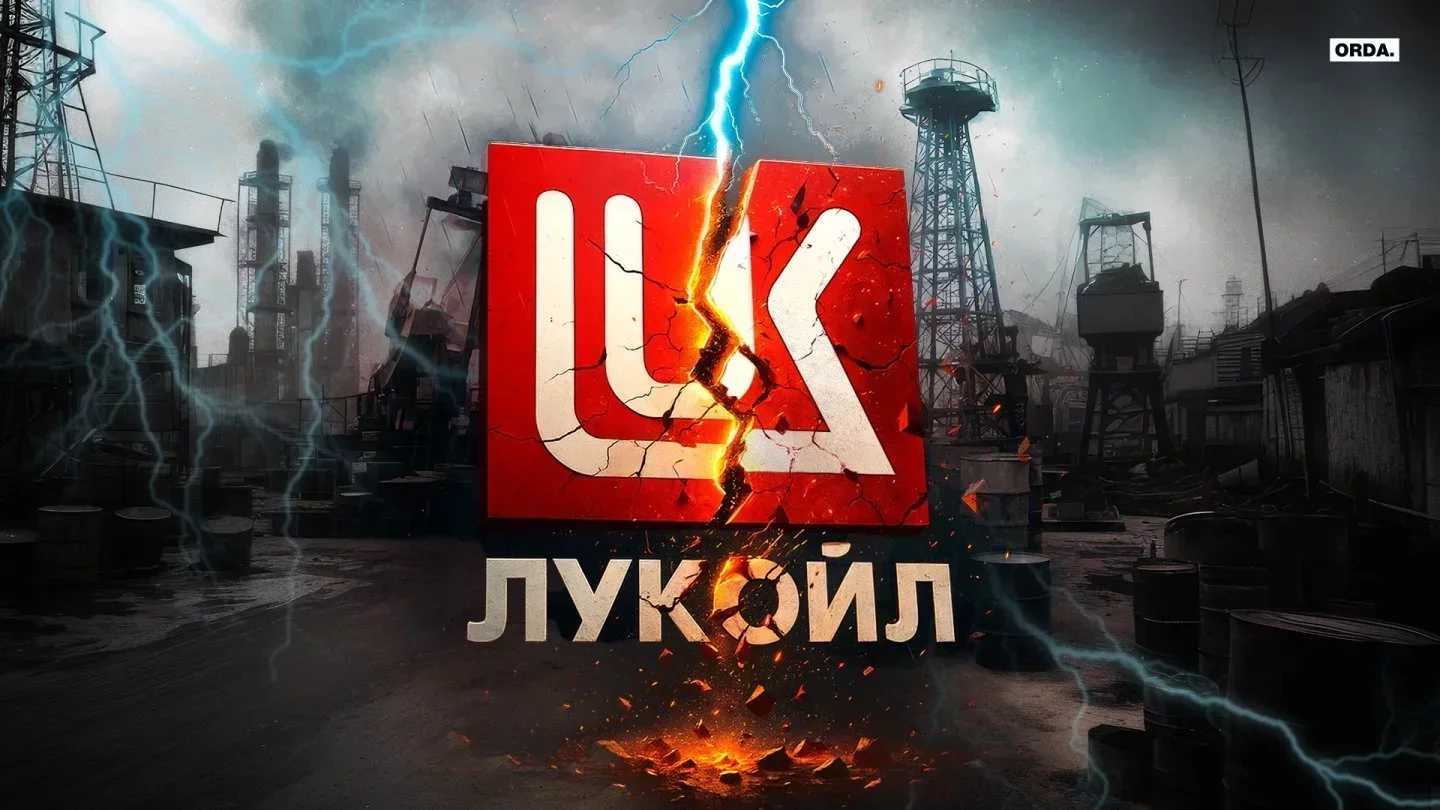Exxon, Carlyle, and ADNOC Line Up for Lukoil’s International Portfolio
 Photo: Orda
Photo: Orda
American investors are showing strong interest in the overseas portfolio of Russia’s Lukoil, including assets located in Kazakhstan, Orda.kz reports.
According to Reuters, ExxonMobil is weighing a bid for several foreign projects owned by Lukoil. These include stakes in major Kazakh oil and gas fields such as Karachaganak and Tengiz, where both companies are already partners.
Sources also told the agency that U.S. investment firm Carlyle Group is examining the same assets. In addition, Exxon is considering joining a potential acquisition of the West Qurna-2 project in Iraq — one of Lukoil’s most valuable international holdings.
Exxon previously operated next door at West Qurna-1 before exiting the site last year.
Meanwhile, Bloomberg writes that the Abu Dhabi National Oil Company (ADNOC) has likewise entered the race, with particular interest in Lukoil’s gas assets in Uzbekistan.
The surge of attention comes after the U.S. Treasury temporarily allowed foreign companies to negotiate with Lukoil until December 13, despite ongoing sanctions.
Once the exemption expires, most transactions involving the Russian company will be blocked again.
However, negotiations may prove complicated. Bloomberg reports that Lukoil prefers to sell its international business as a single package, rather than asset-by-asset.
The outlet notes that for buyers interested only in individual projects, bundling creates difficulties. One scenario being discussed is for a financial investor such as Carlyle to purchase the entire portfolio and then resell the components.
Analysts point out that Washington’s interest is strategic: the Trump administration, which maintains pressure on Moscow, would prefer Lukoil’s global assets to fall under U.S. control.
Against this backdrop, Kazakhstani experts are questioning why the discussion centers almost entirely on the U.S. Treasury and not on Kazakhstan’s Ministry of Energy, given that the assets are located in Kazakhstan.
Energy analyst Olzhas Baidildinov highlighted that any change in ownership at Tengiz or Karachaganak may require approval from the ministry under the terms of the stabilized contracts.
He argues that a more logical outcome would be transferring Lukoil’s local stakes to KazMunayGas (KMG). If KMG lacks financing, he suggests attracting a strategic partner such as China’s CNPC, which currently holds only a stake in Kashagan.
Baidildinov emphasized that these are highly profitable assets: according to Rystad Energy, they could bring Lukoil up to $5 billion in net cash flow by 2030. If buyers acquire the stakes for $2–4 billion, he says, the investment could pay for itself within several years.
He also dismissed earlier rumors about a sale to Gunvor, noting that the U.S. had already made clear it would block such a deal.
Gunvor ultimately withdrew its offer, opening space for more “realistic” bidders such as Carlyle.
KazMunayGas, meanwhile, has a pre-emptive right to buy the shares — but both KMG and the Ministry of Energy insist they are not engaged in negotiations. Minister Yerlan Akkenzhenov said Karachaganak, Tengiz, and CPC remain outside Western sanctions lists and continue operating normally.
Another U.S. major, Chevron, has reportedly expressed interest as well.
The company is reviewing Lukoil’s 13.5% stake in Karachaganak and 5% stake in Tengiz, where Chevron already partners with Exxon, Shell, and Eni.
Original Author: Ruslan Loginov
Latest news
- The War in Iran Opens a Window of Opportunity for Kazakhstan’s Oil Sector, Analysts Say
- Iran Conflict Escalates Beyond the Gulf: What Kazakh Experts Say About Risks for Central Asia and Kazakhstan
- Kazakhstan Prepares Possible Evacuation of Its Citizens From Iran
- LRT in Astana Is Reaching the Finish Line: The Launch Is Expected in the Coming Months
- Kazakhstan Ready to Help the UAE Amid Escalation in the Region
- Tokayev Discusses Middle East Escalation With Qatar’s Emir
- Airlines Ready to Bring Kazakhstanis Home From the Middle East
- Tokayev Sends Support Messages to Gulf Leaders Amid Regional Escalation
- Kazakhstan Bans Its Airlines From Flying Over Several Middle East Countries
- Astana Strengthens Security Measures Amid Escalation Around Iran
- Tokayev Meets U.S. Ambassador Stufft, Discusses Board of Peace Cooperation
- Mangystau Launches AI-Assisted School Monitoring to Prevent Teen Suicidal Behavior
- Kazakhstan to Supply UK With Critical Minerals
- AI Faculties for Educators to Open in Kazakhstan: What Other Changes Are Coming to the Education Sector
- There Are Medals — But Not Enough Ice: What’s Happening to Figure Skating in Kazakhstan
- Is Kazakhstan’s Nuclear Power Plant Project at Risk After New UK Sanctions? Rosatom Responds
- Prosecutor General’s Office Suspends Extradition of Navalny Ex-Staffer Detained in Almaty
- Former EBRD Executive Jürgen Rigterink Elected as New Independent Director on Bank RBK’s Board of Directors
- Kazakhstan Near Bottom of Retirement Comfort Ranking
- Kazakhstan to Open New International Flights Across Asia, the Middle East and Europe

